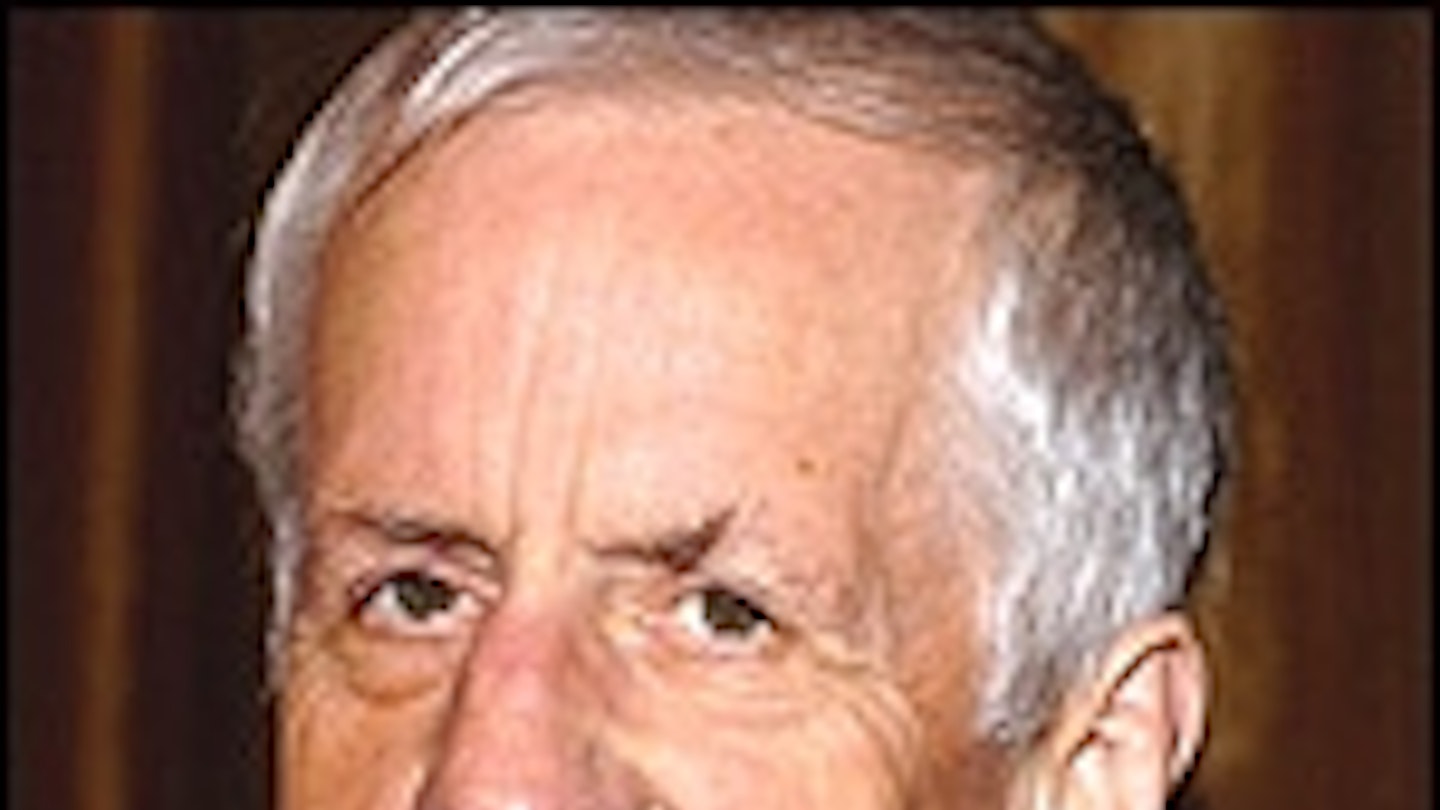After his trio of** **exhaustingly elaborate, globe-spanning romantic thrillers, thick with the kind of pouting splendour that sends the Richard and Judy set into a fit of the vapours, you can hardly blame Anthony Minghella for hanging up his walking boots for something less international. For his next trick he has relocated just down the road, and ever further down the romantic register, yet the troublesome intermingling of cultures, classes and yearning male souls is still high on his agenda.
Breaking And Entering, the first time he has written as well as directed since 1991’s Truly Madly Deeply, is set in and around London’s resistant grot-spot of King’s Cross and boasts an impressive spread of hip actors — the kind of traffic-stopping faces you don’t tend to see hanging around the Caledonian Road. It’s a shapely, intelligent piece probing the placid surface of London’s trendy reputation to discover an array of 21st century maladies — personal, social, political, criminal, even mental, but not, it transpires, dental — that crimp the tidy lives of upwardly mobile Blairites as well those just making do in the face of all this smarmy affluence.
We’re on similar territory to Michael Winterbottom’s bittersweet Wonderland, but fixed onto a very prescribed, middlebrow set of concerns: a child jumpy with Asperger’s; the judgements of the ‘immigration issue’; relationships floundering from misuse. Even the teen-thief (Rafi Gavron) comes adept in super-trendy parkour, that vertiginous and frankly reckless sport of leaping across rooftops. The spectrum of fraught Londoners — rich, poor, young, middle-youth, but not, it transpires, the elderly — finally whittles down to a bizarre love-triangle, with Jude Law’s crisis-prone architect caught between brittle Swedish girlfriend Robin Wright Penn and brittle Bosnian refugee Juliette Binoche.
As well as contrasting the aspirations of the fortunate and those pretty much buggered by society, Minghella is investigating the foggy border between kindness and manipulation; how guilty hearts salve themselves with good deeds. For all this fine liberal intention, it’s the pre-packaged set of solutions that trip it up, including the proposition that we should get a load of the director’s artistic predilections (Kafka, classical music, fancy-pants apartments). Where’s the scalding ambiguity of reality? Minghella has a fatal disposition to make nice. Even Vera Farmiga’s magnificently caustic working girl could happily be dressed up and taken home to meet mother.
The texture remains that of Cold Mountain: elegant but distant. Of course, the film wouldn’t carry half its romantic ache (a Mingo speciality) if Binoche’s haunted refugee resembled Rosanne Barr. But such aesthetics muffle honesty. Where gruff, social realists like Loach or Leigh might call on Timothy Spall as the divided protagonist, Minghella opts for Law, who serves him well but can’t escape his face. Even King’s Cross, next to South Central LA for urban depravity according to this report, is given the pearlescent glitter of a fairground. It looks more like Bedford Falls than Nil By Mouth.

